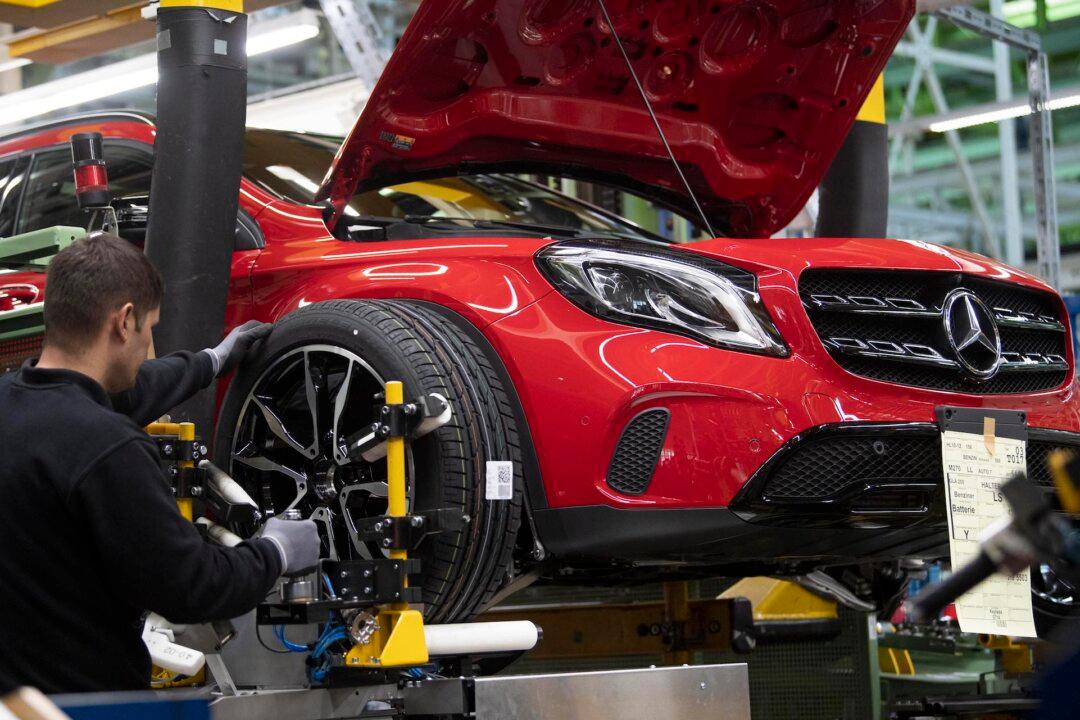Europe’s automotive sector, a key pillar of the continent’s economic and social well-being, is showing some signs of recovery after taking a dramatic hit from the pandemic.
French automotive sector group CCFA said in a news release Monday that new car registrations in May picked up following a deep year-over-year 89 percent plunge in April. The numbers for May are 50 percent down compared to the same month last year, suggesting that as lockdowns ease in Europe, new car purchases are seeing a tentative rebound.





